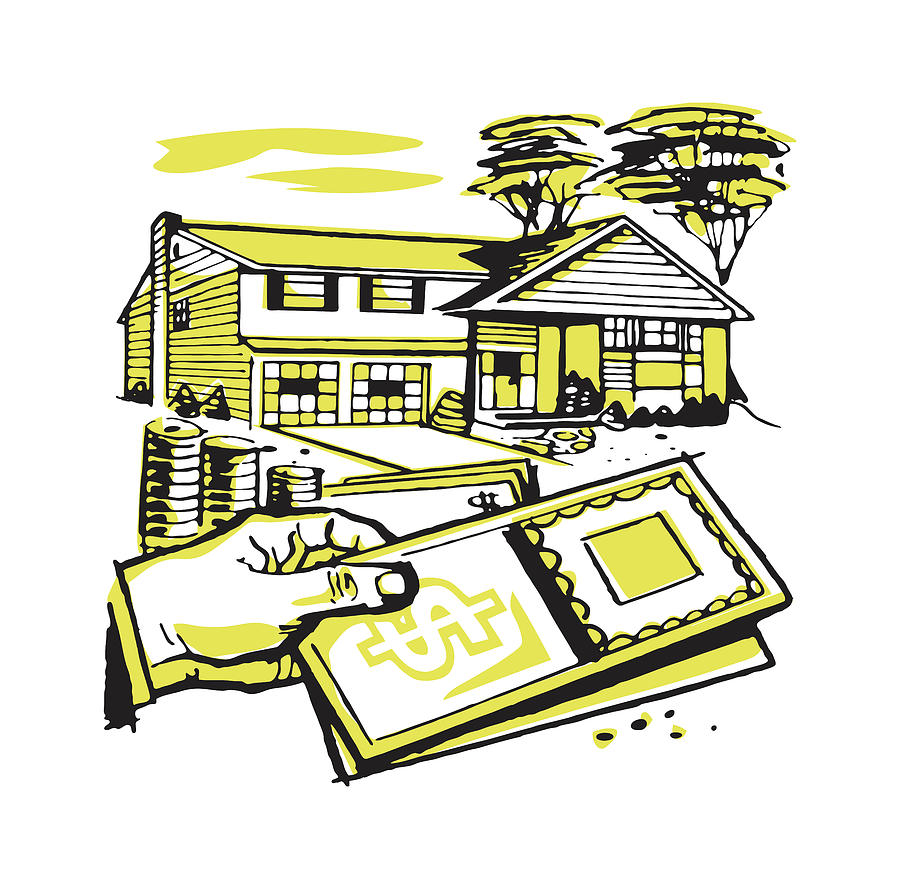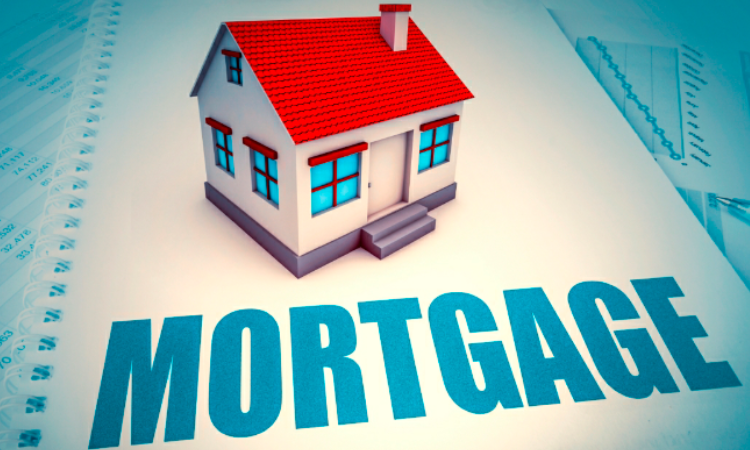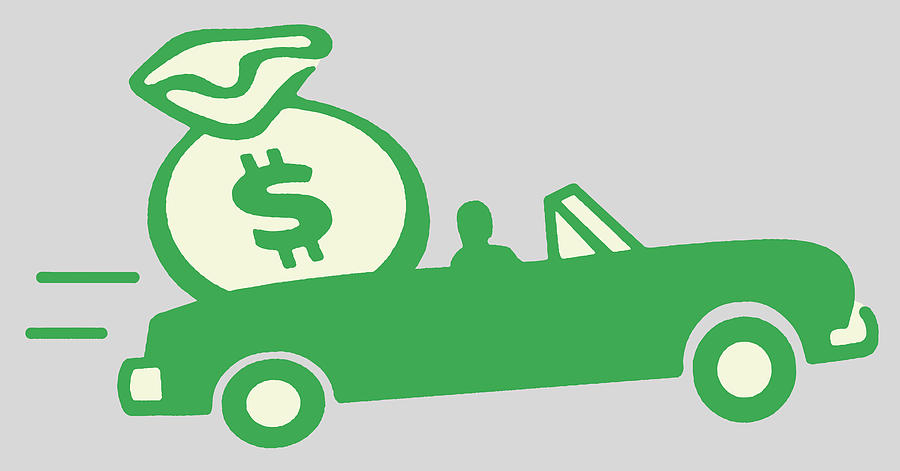Getting approved for a mortgage with bad credit can be difficult.
...But that doesn’t mean it’s impossible. This step-by-step guide will provide you with important information and practical tips to help you overcome the credit hurdles of getting a mortgage. Many people are eager to own their own home, but for some, especially those with complex credit records, it can be a daunting task. A low credit score can result in your loan application being rejected by banks and other financial institutions that deal with credit. But don’t give up! With the right advice and a little knowledge, it is possible to get your mortgage application accepted, even if you have bad credit. We’ll show you how in this guide! Topics we’ll cover include:

- - Learn more About Credit Scores and How They Affect Mortgage Approval
- - Different Types of Mortgages Available to Borrowers with Bad Credit
- - Approaches to Improving Your Credit Score Before Applying for a Mortgage
- - Other Options for People Who Can't Access Conventional Mortgages
- - Helpful Tips for Working with Lenders or Mortgage Brokers to Secure Acceptance
By the end of this journey, you will have gained a solid understanding of all the critical mortgage issues, as well as ways to increase your chances of approval, even when you are in default. We will provide you with the tools you need to make homeownership a reality by overcoming obstacles related to your credit history. This guide will cover some of the key elements, including:
- • Different Types of Mortgages and Their Credit Score Requirements
- • Steps to Dispute Inaccuracies on Credit Reports
- • Quick Ways to Build Credit
- • Alternative Mortgage Options Available, Such as Subprime Mortgages and Hard Money Loans
- • How to Find the Best Deal by Working with Mortgage Brokers or Lenders
Now that you have what it takes to get a mortgage sorted, let’s get started. You can get a mortgage even if you have a low credit score if you follow the advice given here. It’s time to make your dream of owning a home come true, and we’re here with you on that journey.
Step 1:
Check your credit report Get a copy of your credit report from Equifax, Experian, and TransUnion. Review the report to find any errors or bad marks. Discuss any errors and work to resolve them.
Step 2:
Improve your credit score Paying bills promptly shows a positive payment history. Paying off outstanding debts reduces your debt-to-income ratio. Recurring inquiries and loan applications should be avoided at all costs. Credit counseling or debt management services may be considered.

Step 3:
Gather the necessary documentation Proof of income (pay stubs, W-2 forms, tax returns) Employment history (letter from employer, contract) Bank statements (proof of savings, income) Identification (driver's license, passport) Proof of rent or mortgage payments (optional)
Step 4:
Select the Right Lender Research Bad Credit Lenders Compare Interest Rates, Fees, and Terms Consider alternative mortgage options, such as subprime loans, hard money loans, or private money loans.
Step 5:
Make a Larger Down Payment Save for a larger down payment—say, 10% to 20% of the loan amount. Look for gifts/grants that can be used for down payment assistance.
Step 6:
Get a guarantor (optional….) Find someone creditworthy to act as your guarantor. This could be a family member or friend. Make sure they understand the risks and obligations involved.
Step 7:
Apply for a mortgage Submit your application along with all required documents Be prepared to face higher interest rates or fees Read and agree to the terms and conditions
Step 8:
Consider mortgage insurance (optional) People with poor credit ratings may need private mortgage insurance to get a mortgage. It is important to understand the costs/benefits of PMI.

Step 9:
Read and Sign a Mortgage Agreement Carefully read the wording on the terms and conditions page. Make sure you understand the repayment terms, interest and loan charges Sign and borrow money under the agreement
CONCLUSION
You shouldn’t see bad credit as an insurmountable barrier. Instead, think about how it makes things harder, but it doesn’t prevent someone from one day owning their own home. Weigh up your choices; make efforts to improve your financial situation; consult professionals who specialize in cases similar to yours. That way, with their help, you can overcome barriers to mortgage approval! 🏠💡














Fernando Gaspar
, at 8:00 am ReplyI paid it off this year. Absolutely no regrets. I also saved overall and saved for retirement while I paid it off. I don’t believe in an “either/or” approach. I’m 40 now and my housing expenses with taxes and insurance are $160/month. I’ll take that every day.
Estevão Dias
, at 2:56 pm ReplyWe paid off our house in 2009 and it was the best decision we ever made. It brings an indescribable sense of peace. No matter what happens to the economy, our jobs, our health, etc., we will have a home to live in. As Dave Ramsey says, “100% of foreclosures are on homes with a mortgage.”.
Réulison Silva
, at 1:00 pm ReplyI've always found programming very difficult, I currently work in Marketing. But I'm going to take this free test.
Victor Hugo
, at 9:23 am ReplyI've been a Java programmer for years. I currently work from home with my team, no developer has been laid off.
Estevão Dias
, at 11:23 am ReplyThis is where I work too! I saw a good part of the Administration and Sales people being fired due to the crisis, not even the HR people escaped.
Fellipe Silva
, at 5:25 pm ReplyWho fires HR if HR is the one who fires people? kkk
Estevão Dias
, at 7:25 pm ReplySo it is!
Diego Souza
, at 10:00 pm ReplyIt's not easy! I'm almost 40 and I used to work in a store's warehouse until I was fired. I studied Business Administration and I can't find a job anywhere. The industry is at a standstill. Is it too late to change and learn to program?
Mariana Ribeiro
, at 8:48 pm ReplyWow! And the salaries? I know a programmer who earns around 10,000. I would be happy with around 4,000 a month, that's more than R$100,000 a year! Ahh my brand new car!
Mateus Corrêa
, at 9:28 am ReplyI don't understand any of this! Is it very difficult to learn to program? Do I need college?
Estevão Dias
, at 10:35 am ReplyLook! Most companies don't require college, there is usually a small technical test to determine whether you will be admitted as a Junior, Full or Senior.
Eduardo Soares
, at 12:55 am ReplyMateus Corrêa, i started as a junior earning 3,000 reais in a payment company, like PagSeguro. I don't have a college degree, I learned in online courses.
Mateus Corrêa
, at 2:54 pm ReplyHello Estevão Dias, can you tell me if these 7 days are really free?
Estevão Dias
, at 10:35 am ReplyYes, it is Mateus Corrêa! I did it and then ended up signing it, it's a great way to start.